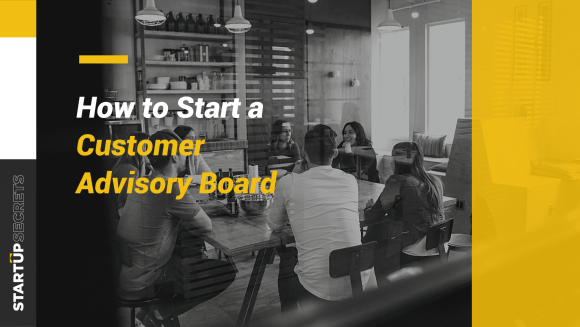The Cliff Notes: Before you interview a prospective board director, carefully think through what exactly you need and what useful questions you’ll need to ask.
The Longer Answer
Startups heading into or coming out of a Series A financing frequently begin to think about hiring an independent board director. New CEOs don’t usually know how to do this well and interview a prospective board director.
What should you be considering in an independent board director?
What you need in an independent is highly dependent on your company and your other board members. However, there are two critical sets of attributes to consider:
1. Skillset
What is the experience you might need to help your company? For instance:
- Sales & marketing leadership expertise?
- Executive relationships with candidate customers or partners for your company?
- Prior stints as a CEO?
Your mileage may vary, of course — so give this first list some thought. Institutional investor board members might have an opinion about what you need here — but so should you.
2. Personal attributes
There are some critical personal qualities that you need in an independent that you should think through upfront. Here are a few that I prize:
- Integrity: Can this person help steer the business in an ethical way? When you have a challenging ethical question (and you will), will this director have the moral compass to help you withstand any pressures to do the wrong thing?
- Thoughtfulness: I like people on a board who can unpack an issue before jumping in — who can ask good questions, consider past experiences, offer a variety of suggestions.
- Diverse background: The best team results come from a mixed set of views. What diversity can you add to the board so that it’s a heterogeneous group? I’m not just talking about gender here — although the companies of boards comprised of at least one-third women perform better.
- Collaboration: Startup boards face many potentially divisive topics: when to pursue more funding, under what terms, from whom; how to respond to unsolicited buyout offers; when to kill off a product or an operation. Someone who can stay cool in a high-stakes debate, see multiple sides of an issue, help find the right path forward — that’s pure gold.
How do you assess someone for these things?
First, have your list with you when you talk to a candidate. It’s amazing how seldom I see that, which implies to the candidate that the entrepreneur may have done no prep for the conversation; that doesn’t make a great impression.
Second, because people are hard to know, you have to ask questions that will tell you something. I rely on behavioral interviewing: questions about actual past experiences rather than invitations to opine in the abstract. The idea is that what people have done is fairly indicative of what they’ll do again. Start each question with, “Tell me about a time when…”
Example: Rather than “So, would you say you’re an ethical person?” I’ll say, “Tell me about an ethical challenge you were part of recently. What was it and what did you do?”
Don’t fail to ask these questions!
Finally, there are a few other things you need to know about.
1. Time
Can they meet the time commitment you need? This includes frequency and length of board meetings, any committee work, and any time you’d want with them one-on-one. If they don’t ask about the time, that’s a red flag. And if you don’t ask if they can meet your needs, you’re risking an unengaged Director.
2. Conflicts
Do they have other work or investments that could put them in a conflicted position relative to your company? You need relevance, but independence; that means freedom from competing or conflicting interests, and you need to ask about it — so you don’t wonder about it later.
3. Compensation
You’ll have worked out in advance with your existing board what you can propose as compensation. Would they be OK with what you have to offer? Might as well find out now, before you fall in love but discover you can’t afford their requirements.
The Interview
So, you know what skills you need to add, you’ve decided what personal attributes match up with your values, and, critically, you’ve formed both sets of things into questions about past experiences that you can evaluate for a fit.
Now — get someone else to help. Divvy up that list and have another board member meet the candidate separately. Make sure you each take written notes in your conversations. Compare those notes before you make a decision.
The follow-through
Do you know the number one complaint that candidates for any job have about the application process? Not knowing where they stand. Guess what: it’s the same for board directors. We’d like to know: did you choose a board member? What mix of skills did you decide to go with? We’re big kids; we can take the news that we’re not the right fit. Don’t disrespect an executive who took the time to talk with you by not looping back to share what you decided.
A thoughtfully chosen, appropriately-skilled independent can be a difference-maker for you and your firm. Make the most of the opportunity!
''Do you know the number one complaint that candidates for any job have about the application process? Not knowing where they stand. Guess what: it’s the same for board directors'' - Emily Green, Independent Board Director Click To TweetDo you have additional tips and tricks for interviewing a prospective board director? Or maybe you have a burning question!? Share them with Emily and Underscore on Twitter by clicking below:
When it comes to hiring a board director... Click To Tweet








